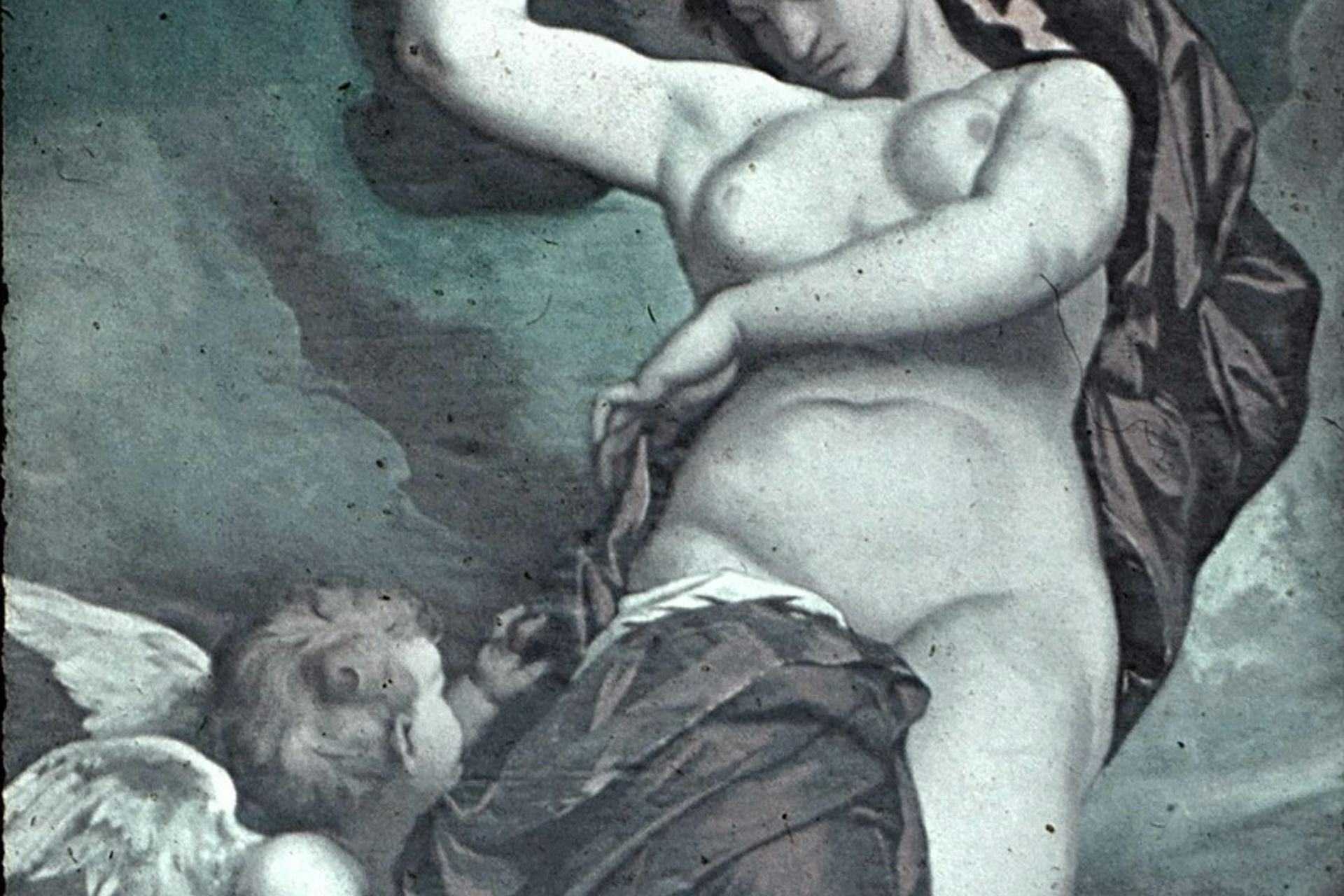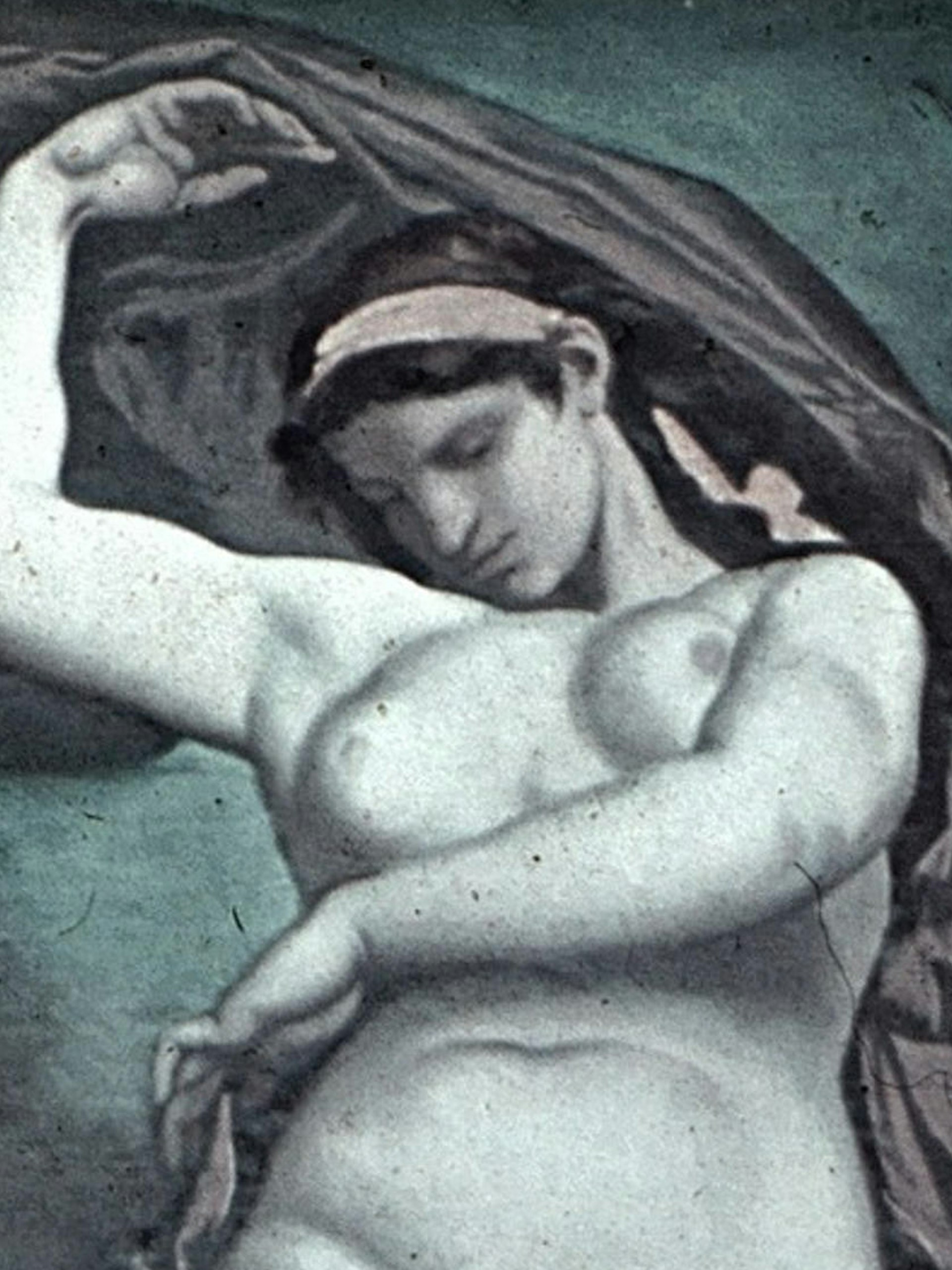Greek Primordial Gods

Overview
The primordial gods were the first beings to emerge after the creation of the cosmos. Unlike the Titans and Olympians, the primordial gods were not generally anthropomorphic—that is, they did not have the physical appearance and qualities of human beings. Many of them were personifications of elements or natural forces—most notably, Gaia (earth) and her consort Uranus (sky).
Together, Gaia and Uranus gave birth to many key deities and creatures of Greek mythology. For example, they were the parents of the Titans, who overthrew Uranus and became the rulers of the cosmos (until they, in turn, were usurped by the Olympians).
The primordial gods, having ceded their power to their descendants, were not widely worshiped in ancient Greece. However, Gaia was seen as the mother of creation. The most significant of the primordial beings, she was worshiped as one of the “chthonic” gods, a special class of deities associated with the earth, death, and the Underworld. The chthonic gods were honored through special rituals, such as nocturnal sacrifice or holocaust sacrifice (that is, a sacrifice in which the victim is completely burned rather than cooked and eaten).
